Today we present a guest post by Alexander Kall
Internet use in Sweden has increased steadily during the 2000s. Today, around 98 per cent of households have access to the internet and 95 per cent of Swedes state that they regularly use the internet in their daily lives. More and more digital services are being created and we live a large part of our lives online.
Using the internet at work is a given for many people. But what about in our free time, do we want to avoid being online? On the contrary, surveys show that many people prefer to connect before they can relax.

Table of contents
A lot of fun
The internet today is not only a practical tool for sharing information between authorities, banking or booking a doctor's appointment. Many of us also use the internet for fun and relaxation in our free time. This has led to the emergence of players who provide us with online entertainment in different ways.
One example is various streaming services. One of the first and perhaps most well-known is Sweden's Spotify, which quickly took off. With almost 90 million paying users, this streaming service must be seen as a winner. Many people also use Spotify to listen to audio books and podcasts.
Soon after we got used to streaming music, the next service came on the market, streaming film and TV. In this sector, Netflix is the biggest player with its approximately 1.5 million subscribers in Sweden. Another thing we Swedes like to do is play games. With the rise of the internet, this pleasure has also moved online.
Many people regularly visit an online casino to play games such as blackjack, video poker or slots. Those who play are also happy to do so on their mobile phones instead of their computers. Today there is a whole range of games developed exclusively for mobile phones. Some prefer tricky puzzles while others want more action. When you list all the entertainment available online, it's not hard to figure out that Swedes like to stay connected even on holiday.
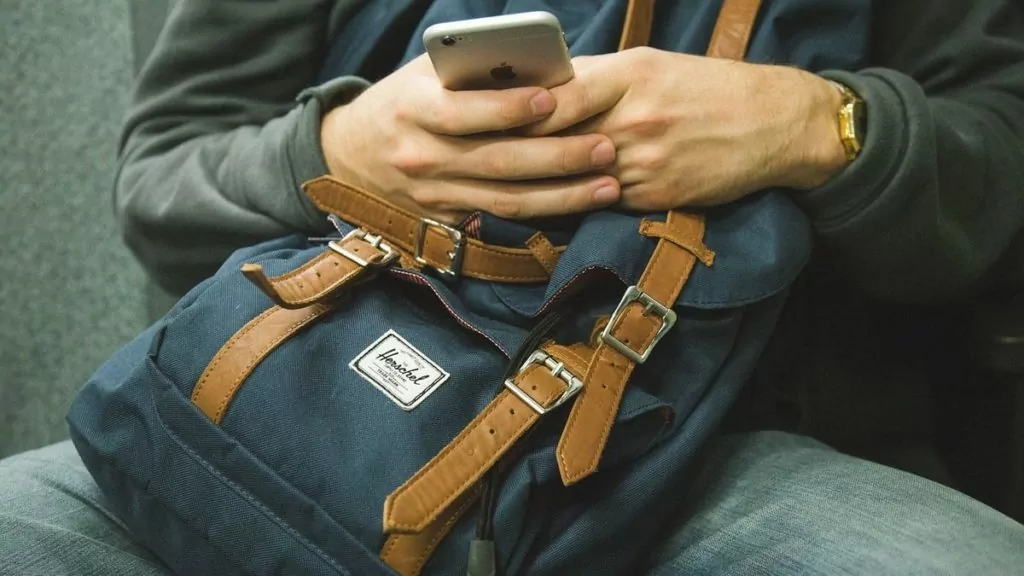
You must have a caravan
Sweden has a long tradition of camping on holiday. As early as 1938, workers in Sweden were entitled to a two-week holiday. The national home was already under construction and everyone should have the opportunity to get out of the city on holiday. Some companies built sports cabins that were rented out to employees for cheap. Others could buy a tent and go on a cycling holiday.
During the 1960s and 1970s, the occasional caravan began to roll into one of the many campsites that opened around the country. Today, almost half of all guest nights in Sweden are spent at a campsite. Number of nights booked on campsites has increased every year in recent decades and now stands at over 15 million per year.
When camping emerged as our number one holiday pastime, the standard was fairly basic. There were often dry toilets with a cold water tap outside. Today there is a campsite for every taste. From spartan wilderness campsites to luxury resorts with kids' clubs, spas and water parks.
As we want to be able to use the internet while on holiday, the demand for Wi-Fi access has increased. Today, many campsites offer Wi-Fi, some for a fee and some include it in the price per night. Even those that can't offer Wi-Fi throughout the campsite try to provide Wi-Fi in some public areas for campers to use.
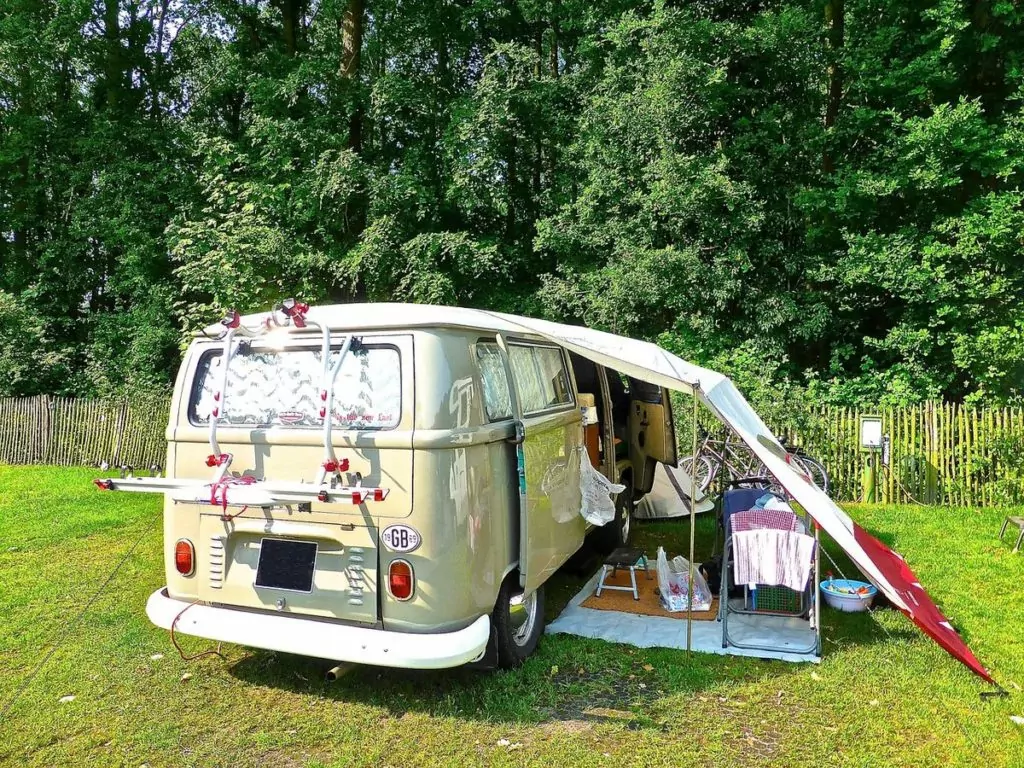
Fricamping
Thanks to the fantastic right of public access that we have in this country, we can also camp out in nature. Allemansrätten is based on freedom with responsibility and allows us to stay in nature for a night or two. It's all about showing consideration and not disturbing either nature or landowners. The number of motorhomes is growing steadily and there are currently around 100 000 registered. mobile homes in Sweden.
Many people who prefer motorhomes also enjoy free camping. Just like campers, they want to be able to use the internet at the same time. For those who free camp, mobile internet is usually the way to go. Almost all mobile phone operators on the market offer surfing, not just telephony.
How much it costs and how much browsing you get for your money can differ between operators, so it's worth comparing. Also keep in mind that coverage can vary. Especially if you plan to camp in the countryside.
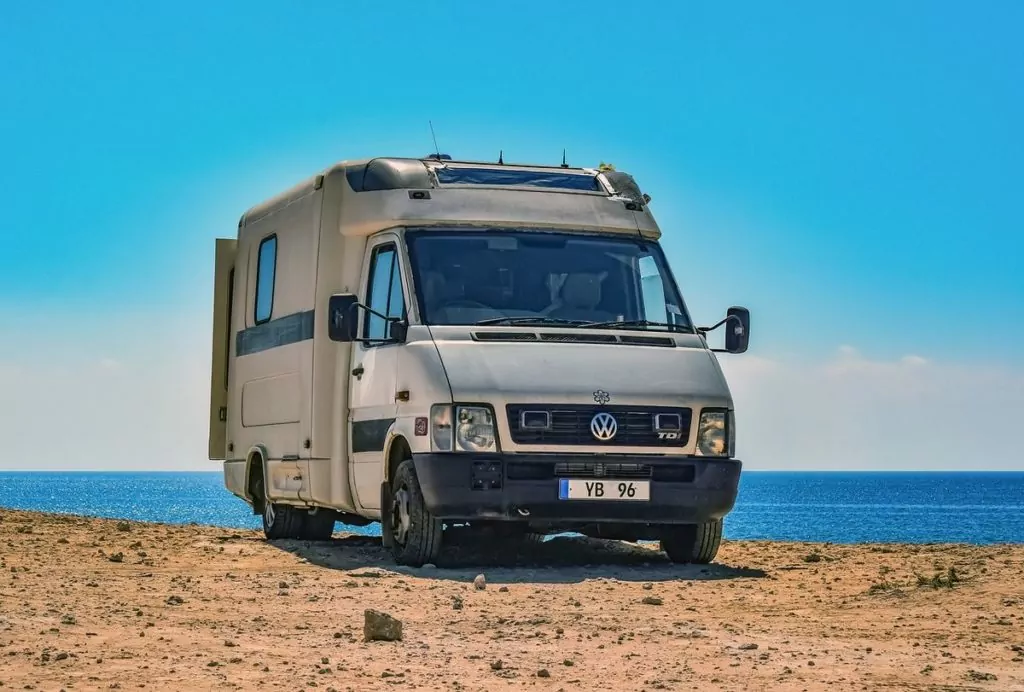
Hotel
It's not only camping that we choose to stay at when we're on holiday, we also like to stay in hotels. Nowadays it is quite obvious that hotels offer free wireless internet. Even the smallest budget hotel has wifi. In addition to hotels, there is also a wide range of smaller guesthouses and hostels. Even in these, there is usually a possibility to connect.
It seems that we don't want to give up our online habits easily. Even on holiday, we want to keep up with our Facebook or Instagram feeds. Since there are now subscriptions for almost every entertainment, we often have one for films and TV, one for music, one for books and one for magazines. With so much entertainment in our pockets, we never get bored on holiday.
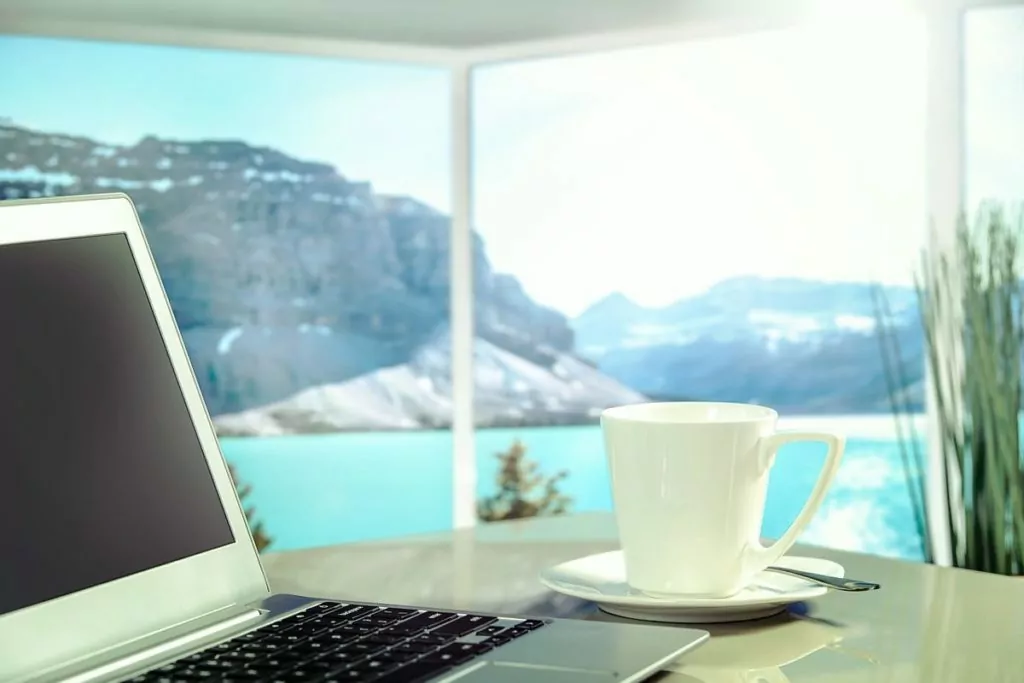
Find wi-fi
Even those who don't want to or can't use their mobile phones have a good chance of finding free Wi-Fi everywhere. The internet cafés of the past have been replaced by free Wi-Fi in all cafés. Sit down with a good coffee and take the opportunity to download some films on your mobile phone or send an email.
Municipal and government facilities such as community centres, swimming pools and libraries also tend to have free Wi-Fi in their premises. An increasing number of larger cities are also starting to have so called hot spots, places in the urban environment where you can surf freely. If you are out in nature, without mobile phone coverage, the chances of finding an internet connection are relatively low. On the other hand, maybe that's exactly the point.

This post is a guest post. Please note that any opinions expressed in the article are those of the author.


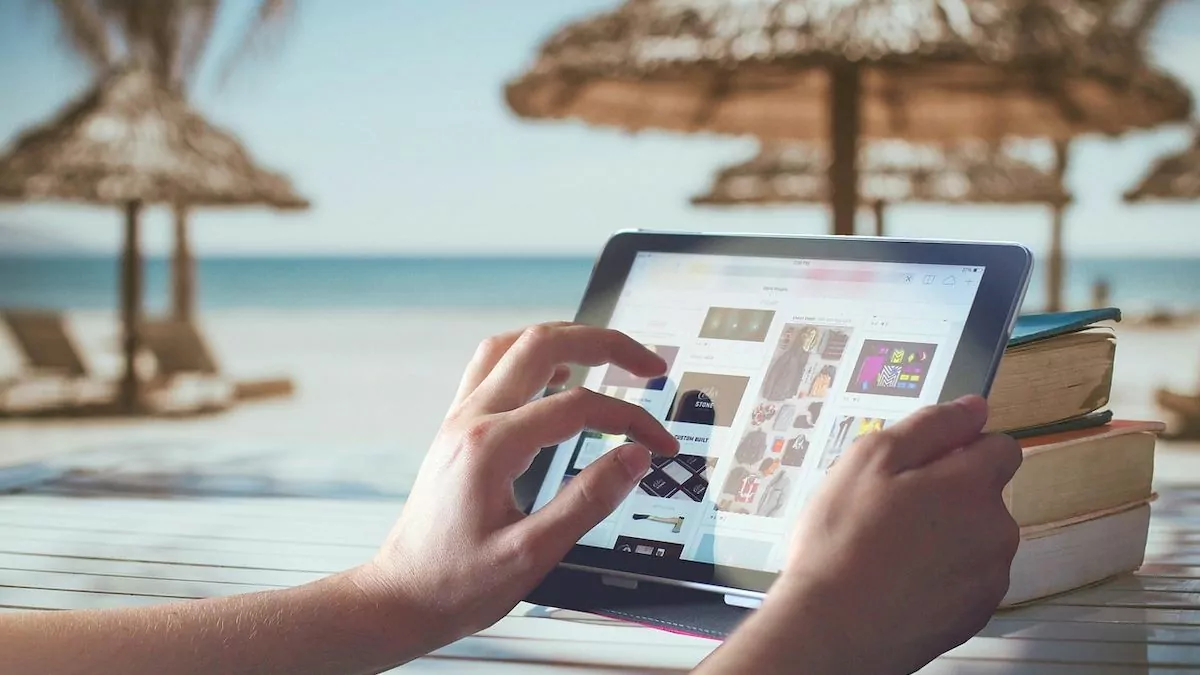









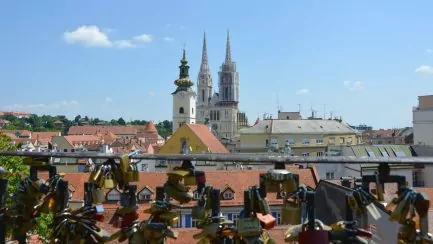




Matts+Torebring says:
For us with a motorhome, the wifi costs have been very high in some places over the years. Since we installed the TP-link, it costs nothing. On a campsite in France, the cost was around €5 per day. https://www.lacdes3vallees.fr/home/. We saw the transmitters all around us, we had the best wifi without a penny of cost.
When we came to Benidorm in Spain ten years ago, it was so terribly difficult to solve wifi, so I said in all seriousness, we are leaving here. You can't travel without access to wifi!
04 November 2020 - 18:35
Helena says:
Internet conditions have really improved recently, especially when travelling abroad. I also remember that it was quite complicated, and expensive, when we travelled in Europe in 2015. Today it is rarely a problem.
05 November 2020 - 8:25
Mr Nils-Åke Hansson says:
Today you can't be without WiFi while travelling. In 2011-2012 there was a search for SIM cards and then McDonald was our salvation. Since then, it has only explored and only become easier with connectivity.
04 November 2020 - 22:52
Helena says:
Yes, it has become much easier over the years! Good for you!
05 November 2020 - 8:25